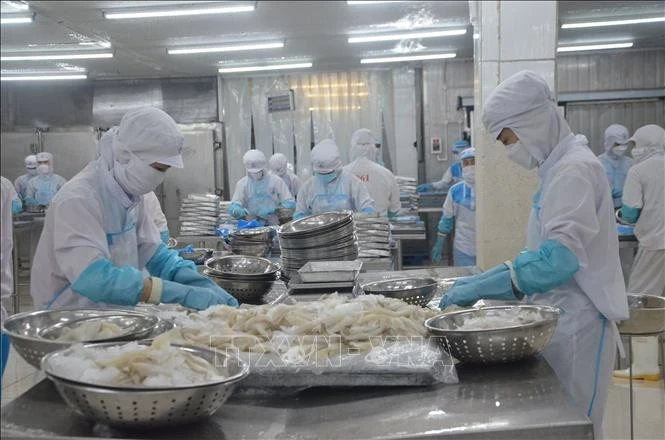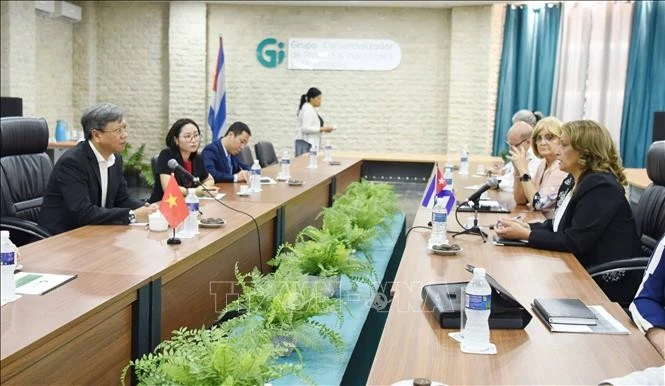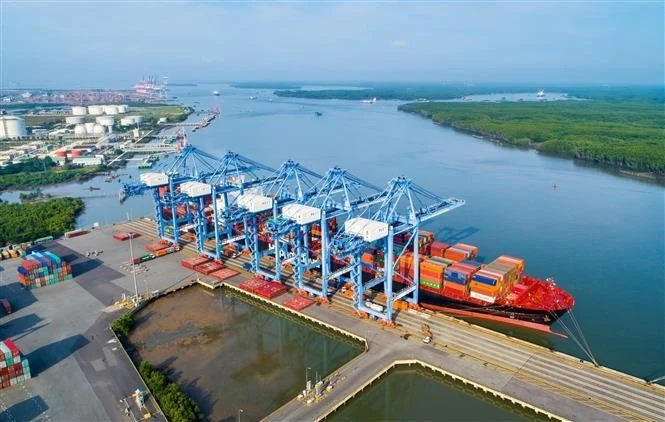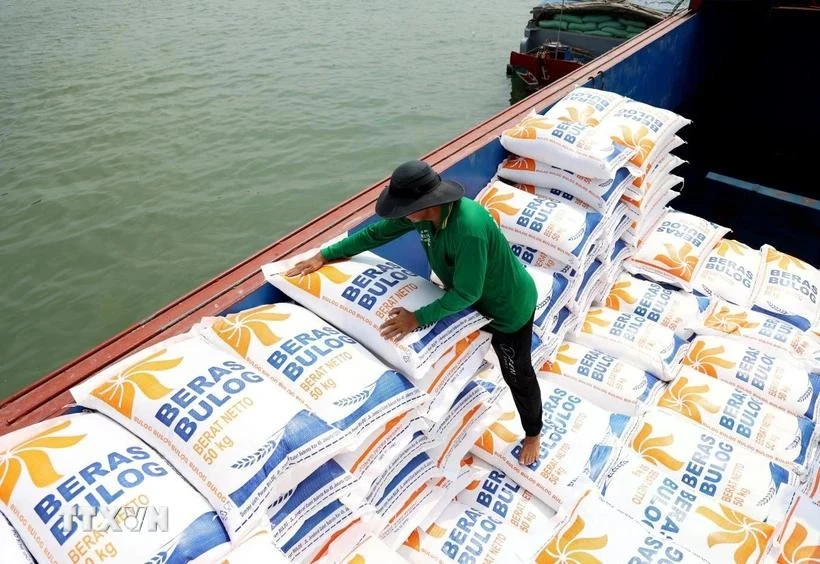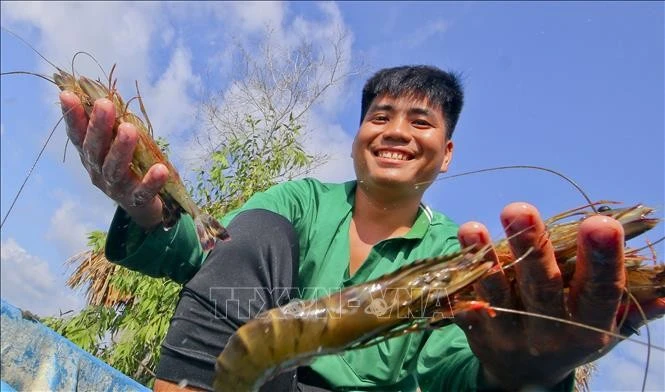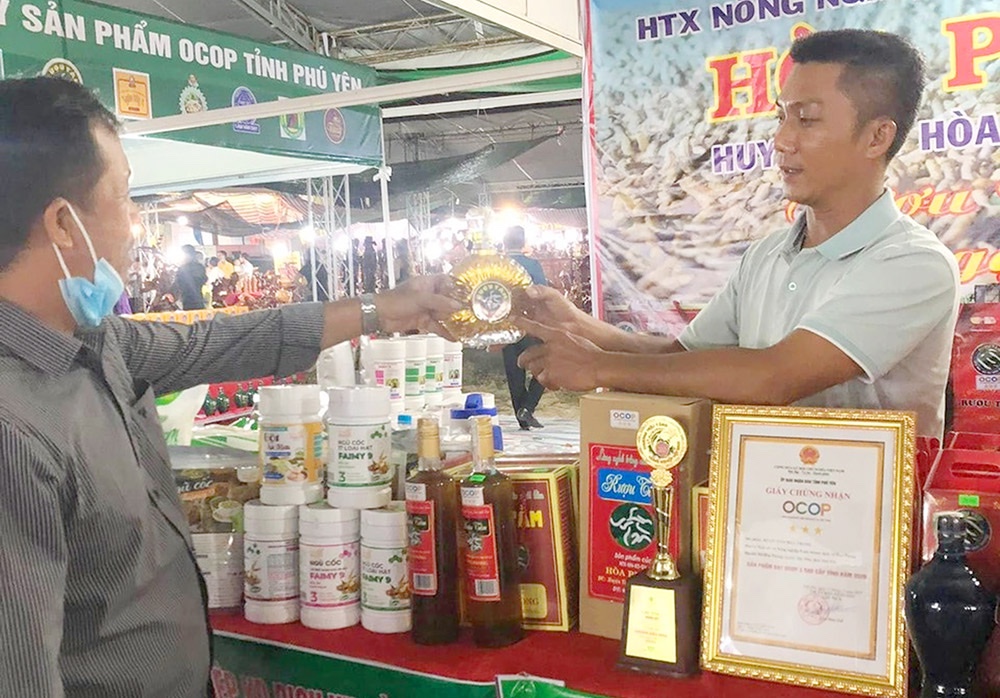As planned, at the end of March 2025, the European Commission's inspection delegation will come and inspect the work of combating illegal, unreported and unregulated fishing in Vietnam. This will be an opportunity for Vietnam to remove the European Commission's yellow card for the fisheries sector.
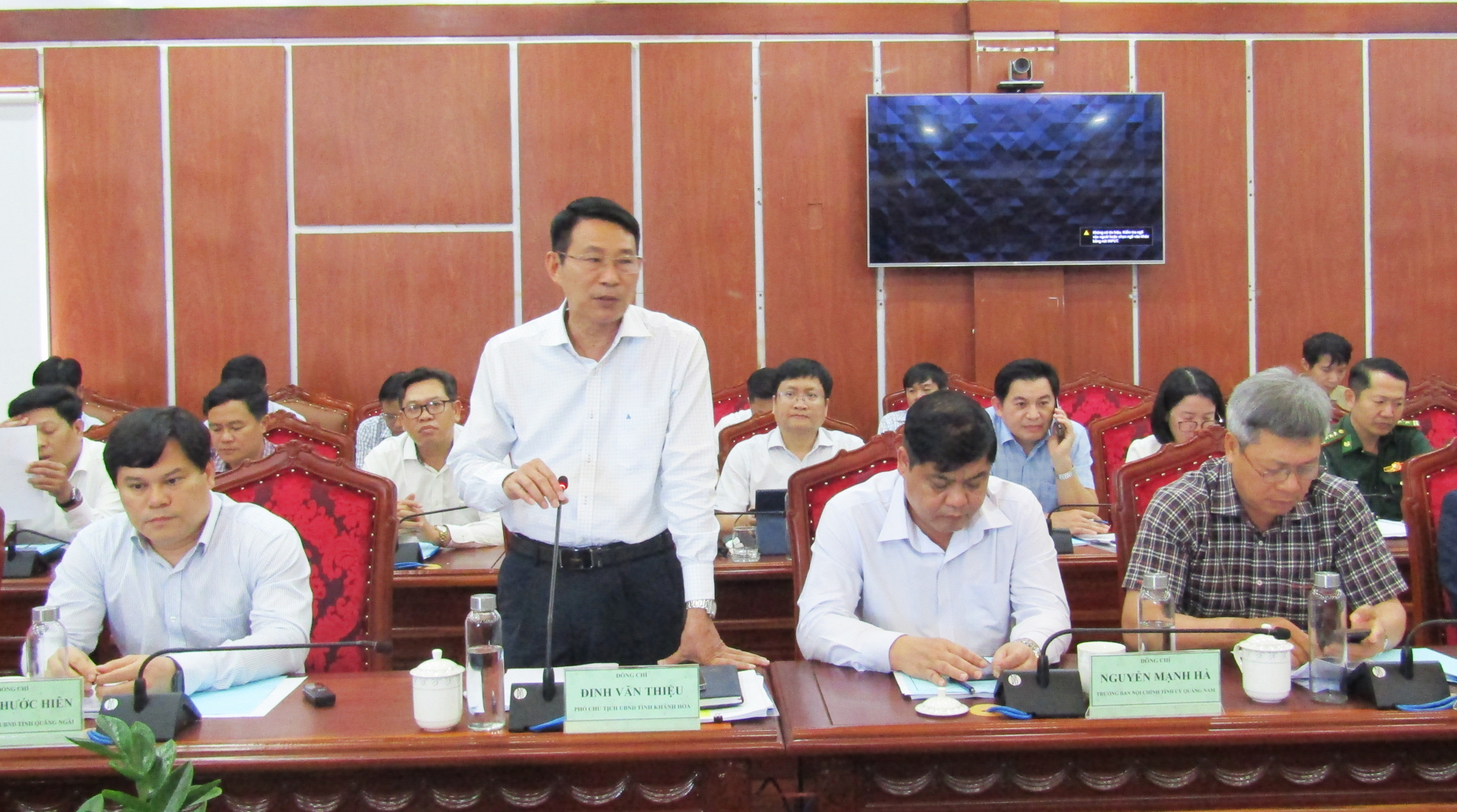 |
| Localities in the Central region contributing opinions at the conference on combating IUU fishing in Phu Yen |
In the dialogue with Phu Yen Newspaper about the above content, Mr Vu Duyen Hai, Deputy Director of the Directorate of Fisheries (under Ministry of Agriculture and Environment) lets known:
- After the Directive 32 of the Central Secretariat, the Resolution 52 of the Prime Minister, instructions of the Ministry of Agriculture and Environment and related ministries, the local political system has strong participation, bringing about clear results, especially in handling "3-nons" fleets and controlling imported raw materials into Vietnam. Our national fisheries database and fishing vessel monitoring system (VMS) have also been completed, contributing to supporting localities in monitoring fleets. Fishing vessel data and VMS data have been made transparent. These are positive results of central ministries, sectors and localities over the years to remove the yellow card for the Vietnamese fisheries sector.
* In your opinion, what are the most important things that provinces and cities in the Central region need to focus when being inspected by the EC?
- The Central region has a common complexity in that fleets of these 8 provinces always move to the northern and southern fishing grounds, often not returning to their localities. To solve this challenge and handle the existing problems, we have systematized all data on the Vietnam Electronic Traceability Database. In particular, in the near future, after the Traceability Database is officially applied, we will manage fishing vessels and their activities without borders. This is the core condition for us to manage and grasp information accurately. To do this well, localities should pay attention to and allocate more resources; improving understanding of the Electronic Traceability Database and applying IT in fishing vessel management.
Another important issue is that there are many small vessels in the Central provinces and private piers and ports still exist in some provinces. Therefore, localities need to allocate more human resources to inspect and monitor all vessels and fishing ports.
* In particular, what issues should Phu Yen focus on to make the fight against illegal, unreported and unregulated (IUU) fishing most effective, sir?
- Through inspection, we find that Phu Yen is one of the leading provinces in solving the problem of "3 nothing" fishing vessels and managing unqualified fishing vessels. Phu Yen has thoroughly handled unregistered, uninspected, and unlicensed fishing vessels; compiling a list of unqualified fishing vessels, and assigning it to grassroots officials for management. These are very clear advances.
In the coming time, Phu Yen should focus on solving two core issues: managing the unqualified fleets and controlling the number of vessels entering ports. Currently, the province has the largest number of unqualified fishing vessels in the country with more than 1.800 vessels, so the locality must manage and ensure these vessels not to operate. In my opinion, the solution of assigning grassroots officials at village level and party cells to monitor and manage, which Phu Yen is implementing, will be very feasible. In addition, the number of fishing vessels in Phu Yen that enter local ports and other provinces accounts for about 20%; the remaining 80% of fishing vessels are likely to enter private ports or unload fish in illegal places. Therefore, the province needs to strengthen inspections of private fishing ports, ensuring that fishing vessels enter the port in accordance with regulations.


